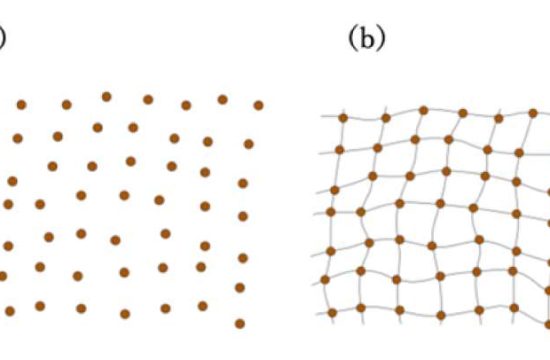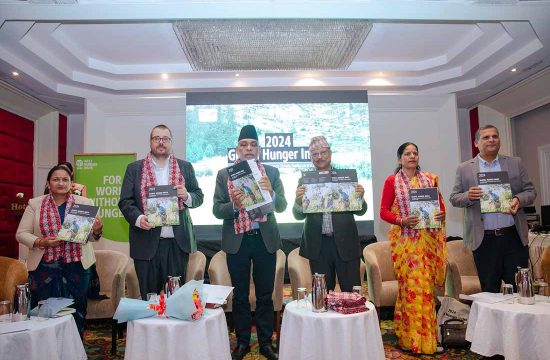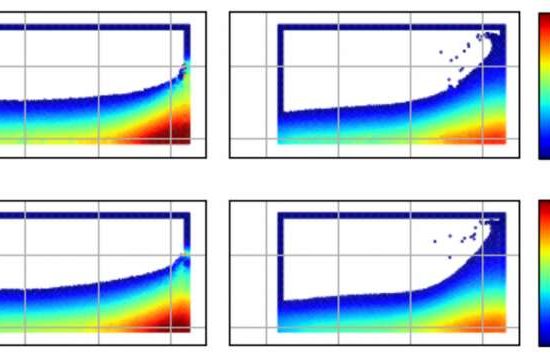
Glass ceilings comprising gender norms and practices can prevent women from advancing in organizational hierarchies, but glass fences may also be limiting — especially to Japanese female faculty who must navigate strong cultural gender expectations, according to a new study by Megumi Watanabe, associate professor at Hiroshima University.
Watanabe, who teaches family sociology courses at HU’s Department of Integrated Global Studies, found that glass fences — a term coined by sociologist Kathrin Zippel to represent the invisible gendered barriers preventing female researchers from engaging in international research and collaboration — existed within Japan and were strengthened by cultural norms of the country. She published her findings in Gender, Work & Organization on December 11.
“Japanese female faculty experience glass fences similar to those observed in Western countries,” Watanabe said. “However, cultural factors influence the magnitude of these glass fences. In countries like Japan, where gender norms significantly shape women’s attitudes toward employment, family care-related glass fences can be particularly impactful and difficult to overcome, especially for faculty mothers. Japan in particular is a country with strong norms, where masculine work styles, such as working long hours, and a gendered division of household labor persist.”
Watanabe explained that women are severely underrepresented among faculty and in leadership positions at Japanese universities. While federal organizations have increased research and support programs to correct the imbalance, gender differences among Japanese academics participating in international research have received little attention.
“Globally, international research engagement is now an important and sometimes normative component for enhancing academic career opportunities,” Watanabe said. “Despite this trend, gender gaps have been reported worldwide. By analyzing the subjective experiences of international research among female faculty members at a Japanese university, this study extends knowledge on the mechanism of gender inequality reproduction.”
Watanabe interviewed 16 Japanese women in various faculty positions at a research-oriented national university in Japan selected for this case study because of its noted commitment to gender equality.
“Examining glass fences at universities such as this one, which has made various efforts for gender equality at the institutional level, offers valuable insights,” Watanabe said, noting the case study university has won several competitive government grants to promote gender equality, and has various policies and programs, such as on-site childcare and research grants targeted at women, in place.
“These insights may allow researchers and others to recognize the embedded influence of gender on female academics in Japan.”
From the interviews, Watanabe found two behavior mechanisms underpinned whether the faculty participated in international research. In the first, called the constrictive mechanism, women — most frequently mothers — distanced themselves from international research primarily due to family care-related glass fences. With the second, the emancipatory mechanism, women combined international research with child-rearing. She said the narratives of faculty members in the emancipatory group revealed a common thread of higher exposure to more diverse work and lifestyles and they were less likely to be confined to gender norms in their families.
“This paper suggests that unless the dominant gender norms influencing gender inequalities are transformed, it will be difficult to achieve gender equality in Japanese academia,” Watanabe said. “The next step should be to further explore how we can challenge and transform these slow-changing gender norms in Japan. Additionally, it is crucial to critically examine the masculine, work-centered, and increasingly globalized work styles of Japanese faculty, which are incompatible with family care responsibilities that are still primarily carried out by women.”
Next, Watanabe said she plans to expand the scope of her research to encompass a wider range of attributes, including foreign nationalities, and to seek ways to create more inclusive academic research environments.









